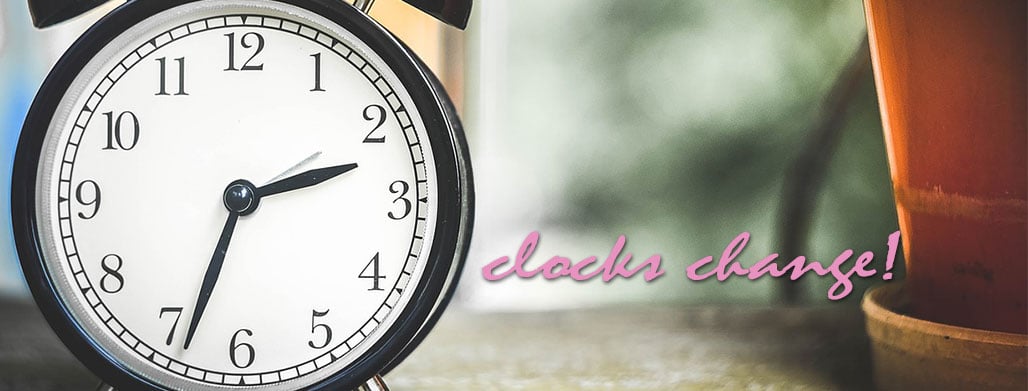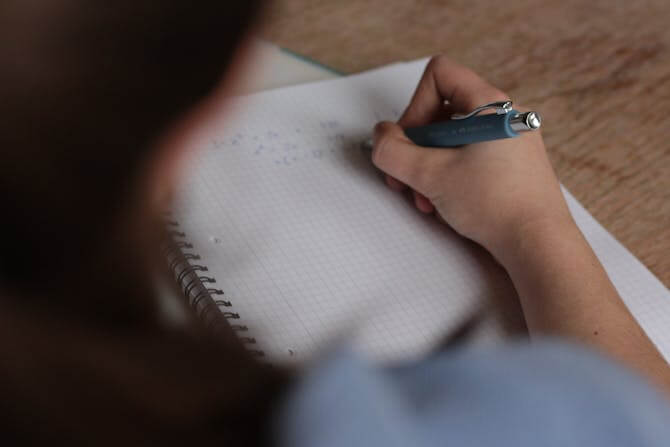
Clocks Go Forward This Weekend
Say goodbye to the darker mornings and say hello to lighter evenings.
Daylight Savings Time comes into effect at midnight on Saturday night and the clocks go forward one hour giving us that extra hour of light in the evenings.
The change in the clocks can disrupt some. Having light coming through the windows earlier in the morning, and having the sun set later can result in some serious issues with the circadian rhythm.

Here are a few tips to help your body cope with the change in daylight hours.
1. Turn the screens off earlier
Our in-built supercomputer for sleep, our circadian clock is based on lightness and darkness, and the lighter the environment the harder it is to get off to sleep.
So experts recommend having a screen-break before sleep. Yak yourself away from light sources (particularly blue light) such as TVs, tablets and smartphones.
2. Exercise
One of the best ways to guarantee a great night's sleep is to burn off any excess energy you might have before bed.
By engaging in physical activity, such as a jog, you can help your body relax and prepare for a rest.
Summer evenings are great for exercising after work thanks to the longer daylight hours. Not only would you feel great but your body will also be physically tired, making it easier to fall asleep and sleep deeper.
3. A cheeky afternoon power nap
Taking a 15-20-minute power nap during the day can be a game-changer when combating those unwanted feelings of grogginess and fatigue.
Some people think that napping is lazy and unproductive, but in reality, it can improve focus, productivity and a general sense of well-being.
When you feel yourself hitting that midday slump, taking a short nap can help you recharge and reset, allowing you to tackle the rest of your day with more energy. The best part is that if you stick to 15-20-minute naps, it won't interfere with your ability to fall asleep at night.
4. Go easy on the caffeine
We all know that caffeine is a stimulant and will interfere with your sleep patterns if taken at the wrong time.
You should monitor and limit your intake of caffeine during the day, especially in the afternoon and evening. Drinking caffeine too late in the day can make it difficult to fall asleep and can wreak havoc with your natural sleep cycle.
Instead, reach for decaffeinated drinks or herbal teas in the evening to promote relaxation and better sleep.
5. When you do sleep, sleep well
Getting sleep is fine, but the quality of sleep is most important.
Having the perfect mattress is essential for achieving a truly great, deep sleep that will leave you feeling refreshed and energised.
When choosing a mattress, it's important to consider your individual needs and preferences. Things like how firm, supportive, and what material a mattress is can affect how well you sleep.
If a mattress is too firm or too soft, it can make you uncomfortable and disturb your sleep. But a mattress that gives the right support can help reduce pressure and keep your spine aligned.
Investing in a high-quality mattress that suits your specific needs is a worthwhile investment in your health and happiness. With the right mattress, you can feel better and sleep better and ready to take on the day, knowing you gave yourself the best chance of a truly great night's sleep.







Leave a Reply